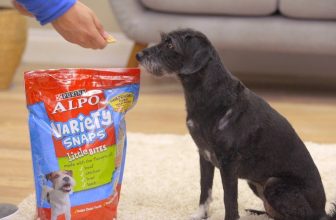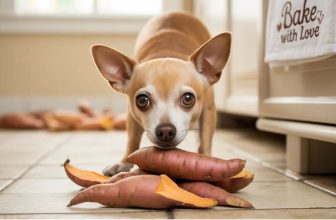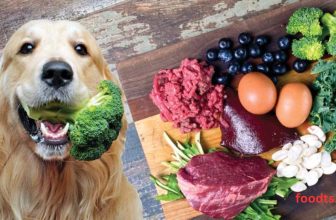What Foods Are Bad for Dogs? Avoid These Now!
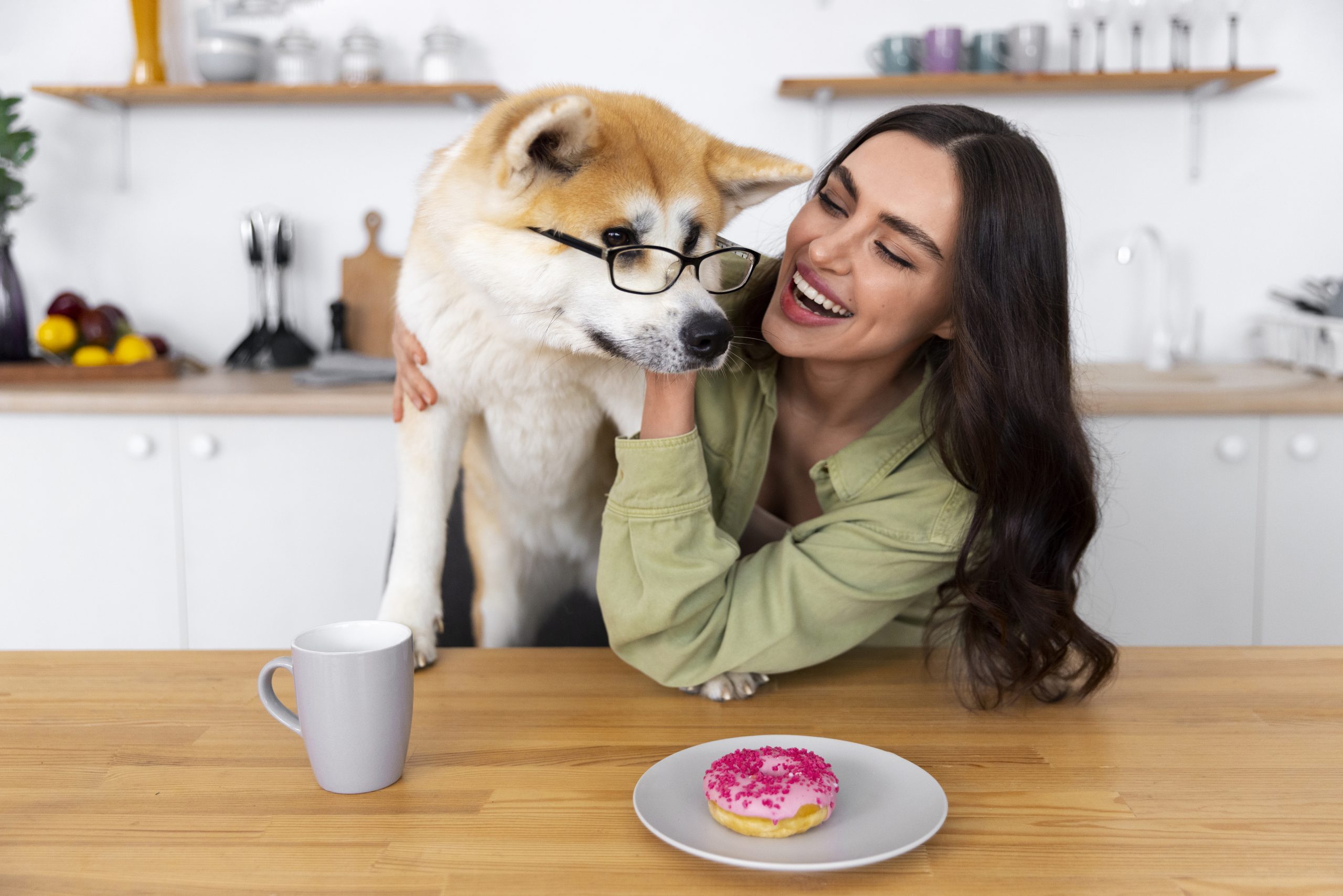
Not all foods are safe for dogs. Some can even be harmful or toxic.
Understanding what foods are bad for dogs is crucial for every pet owner. Dogs have different digestive systems compared to humans, making certain foods dangerous for them. Feeding your dog the wrong food can lead to severe health issues, from stomach upset to more serious conditions like poisoning or organ failure.
As a responsible pet owner, knowing which foods to avoid can help keep your furry friend healthy and happy. In this post, we’ll explore various foods that are harmful to dogs, helping you make informed choices about your pet’s diet. Stay tuned to learn more about ensuring your dog’s well-being by avoiding these harmful foods.
Common Toxic Foods
Dogs are curious animals. They love to explore and taste things. But some foods can be very harmful to them. Knowing which foods are toxic is important for their safety. This helps to keep your furry friend healthy.

Chocolate Risks
Chocolate is very dangerous for dogs. It contains substances called theobromine and caffeine. These are toxic to dogs. Even small amounts can cause serious health issues.
Here are some symptoms of chocolate poisoning:
- Vomiting
- Diarrhea
- Rapid breathing
- Increased heart rate
- Seizures
Different types of chocolate have different levels of theobromine. Dark chocolate and baking chocolate have the highest levels. Even white chocolate, which has less theobromine, is not safe.
If a dog eats chocolate, contact a vet immediately. The vet may induce vomiting or give activated charcoal. Quick action can save your dog’s life.
Grapes And Raisins Danger
Grapes and raisins can cause kidney failure in dogs. This can happen with even small amounts. The exact substance that causes this is unknown. But the risk is very high.
Symptoms of grape or raisin poisoning include:
- Vomiting
- Lethargy
- Loss of appetite
- Diarrhea
- Abdominal pain
These symptoms can appear within a few hours. If untreated, it can lead to kidney failure. This can be fatal. Early treatment is crucial.
If you suspect your dog has eaten grapes or raisins, go to a vet immediately. The vet may perform tests and provide supportive care. This helps to prevent serious damage to the kidneys.
Everyday Foods To Avoid
Knowing what foods are bad for dogs is very important. Some everyday foods can harm your dog. These foods can cause health problems. Avoid these foods to keep your dog safe and healthy.

Onions And Garlic
Onions and garlic are harmful to dogs. They contain toxic substances. These substances damage red blood cells. This can lead to anemia.
Here are some symptoms of onion and garlic poisoning:
- Weakness
- Vomiting
- Breathing problems
- Loss of appetite
If your dog eats onions or garlic, contact your vet. Even small amounts can be dangerous. Cooked, raw, or powdered onions and garlic are all toxic. Keep these foods out of your dog’s reach.
Avocado Concerns
Avocado is another food to avoid. It contains persin. Persin can cause vomiting and diarrhea. The leaves, pit, and skin are especially toxic. Dogs can also choke on the pit.
Here are some symptoms of avocado poisoning:
- Vomiting
- Diarrhea
- Abdominal pain
- Difficulty breathing
If your dog eats an avocado, watch for these symptoms. Contact your vet if you notice any signs. Avocado is not safe for dogs. Avoid feeding them avocados.
High-fat Foods
It is important to know what foods are bad for dogs. Some foods can harm dogs, especially those high in fat. High-fat foods can lead to health problems for dogs. Understanding these foods helps keep your dog healthy and happy.
Fatty Meats
Fatty meats are bad for dogs. They can cause many health issues. Some examples include:
- Bacon
- Sausage
- Fat trimmings from steak or pork
These meats are high in fat. Eating them can lead to pancreatitis in dogs. Pancreatitis is a painful condition. It causes the pancreas to become inflamed. Symptoms include:
- Vomiting
- Diarrhea
- Abdominal pain
- Lethargy
Fatty meats can also cause obesity. Obesity in dogs leads to other health problems. These include heart disease and joint issues. It is best to avoid giving dogs fatty meats. Instead, choose lean meats like chicken or turkey.
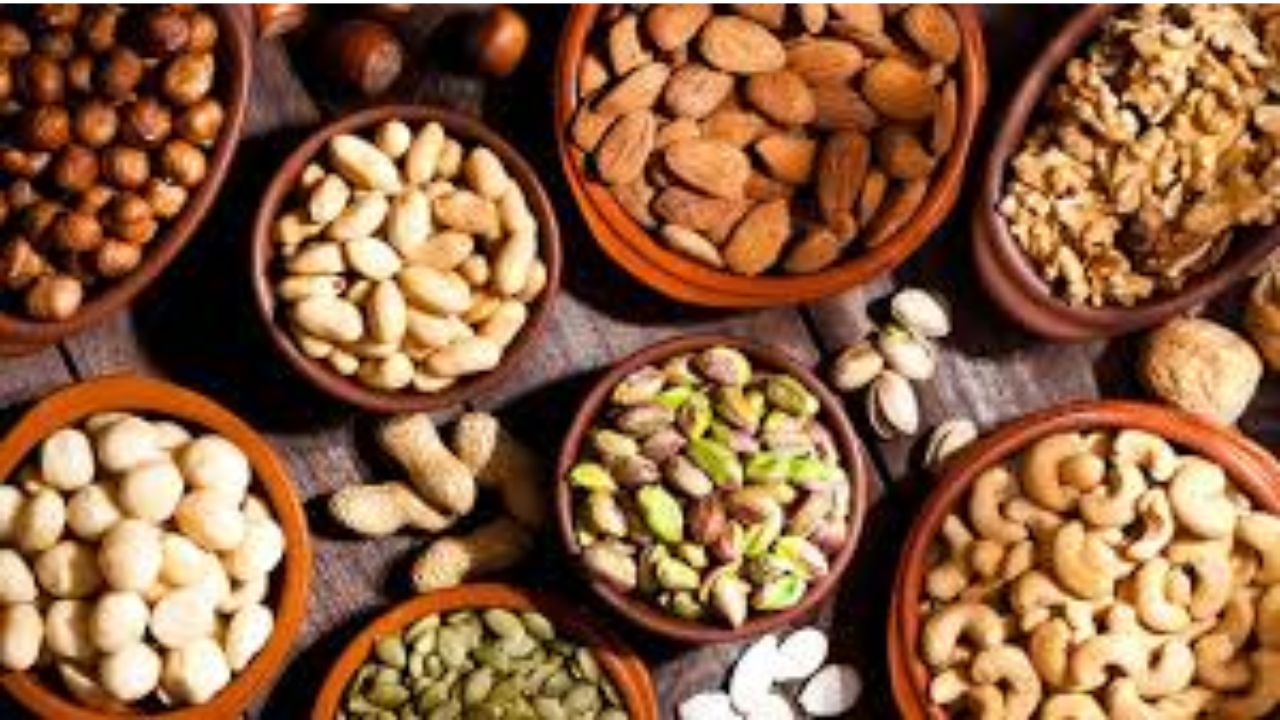
Dairy Products Risks
Dairy products are not safe for all dogs. Many dogs are lactose intolerant. This means they cannot digest lactose. Lactose is a sugar found in milk. Symptoms of lactose intolerance include:
- Gas
- Bloating
- Diarrhea
- Stomach pain
Cheese and butter are high in fat. These can also cause pancreatitis. Cream and ice cream are risky, too. They contain both lactose and high fat. It is better to give dogs dairy-free treats. There are many dog-friendly options available. Always check with your vet before giving new foods to your dog.
Artificial Sweeteners
Dogs are beloved family members, and their health is a top priority. Knowing what foods are bad for dogs can prevent serious health issues. Artificial sweeteners, often found in sugar-free products, can be harmful to dogs. One such sweetener, xylitol, is particularly dangerous.
Xylitol Effects
Xylitol is a common artificial sweetener found in many products. Even small amounts can be toxic to dogs. It can cause a rapid release of insulin. This leads to a sudden drop in blood sugar levels. Symptoms of xylitol poisoning in dogs include:
- Vomiting
- Loss of coordination
- Seizures
- Lethargy
If untreated, xylitol poisoning can lead to liver failure. It can even be fatal. Immediate veterinary care is crucial if a dog ingests xylitol. Always check the ingredients of foods and products before giving them to your dog. This can help prevent accidental poisoning.
Sugar-free Products
Many sugar-free products contain xylitol. These products are often marketed as healthy for humans. However, they can be dangerous for dogs. Common sugar-free products with xylitol include:
- Sugar-free gum
- Sugar-free candy
- Baked goods
- Peanut butter
- Some medications
- Dental products
Always keep these products out of reach of dogs. Even small amounts can cause severe reactions. It is best to avoid giving dogs any human food or products. Stick to dog-safe treats and foods instead. This ensures their safety and well-being.
Nuts And Seeds
Many common foods can be dangerous for dogs. Nuts and seeds, for example, can cause severe health issues. Some nuts are toxic, while others can lead to digestive problems. Knowing which foods to avoid helps keep your dog safe and healthy.
Macadamia Nut Toxicity
Macadamia nuts are very dangerous for dogs. Even a small amount can cause serious health problems. Symptoms usually appear within 12 hours and can last up to 48 hours. Common signs include:
- Weakness
- Vomiting
- Increased body temperature
- Tremors
- Depression
In severe cases, macadamia nut toxicity can lead to paralysis. Immediate veterinary care is essential. Avoid giving your dog any food that contains macadamia nuts. This includes baked goods and snacks.
Other Nut Risks
Besides macadamia nuts, other nuts can also be harmful. Walnuts and pecans, for example, can cause digestive problems. These nuts can lead to:
- Stomach upset
- Obstructions in the intestines
- Pancreatitis
Pistachios and almonds are high in fat. This can lead to weight gain and other issues. Be cautious with any nut-based products. Here is a table of nuts and their potential risks:
| Nut | Potential Risk |
|---|---|
| Walnuts | Stomach upset, intestinal blockage |
| Pecans | Stomach upset, intestinal blockage |
| Pistachios | High fat, weight gain |
| Almonds | High fat, digestive issues |
Always check with your vet before introducing any new foods to your dog’s diet. Keeping your dog safe means knowing which foods to avoid.
Certain Fruits
As dog owners, it’s important to know which foods are safe for our furry friends. Some foods can be harmful or even toxic to dogs. Certain fruits, in particular, can pose risks. Let’s explore which fruits to avoid to keep your dog healthy and happy.
Citrus Fruits
Citrus fruits like oranges, lemons, and grapefruits can be dangerous for dogs. These fruits contain citric acid, which can upset a dog’s stomach. In large amounts, citric acid can lead to central nervous system depression.
Here are some reasons why citrus fruits are bad for dogs:
- Stomach Upset: Even a small amount can cause vomiting and diarrhea.
- Central Nervous System Effects: In large amounts, citrus can affect a dog’s nervous system.
- Essential Oils: Citrus fruits contain essential oils that can be toxic to dogs.
It’s best to avoid giving any citrus fruits to your dog. Stick to dog-safe fruits instead.
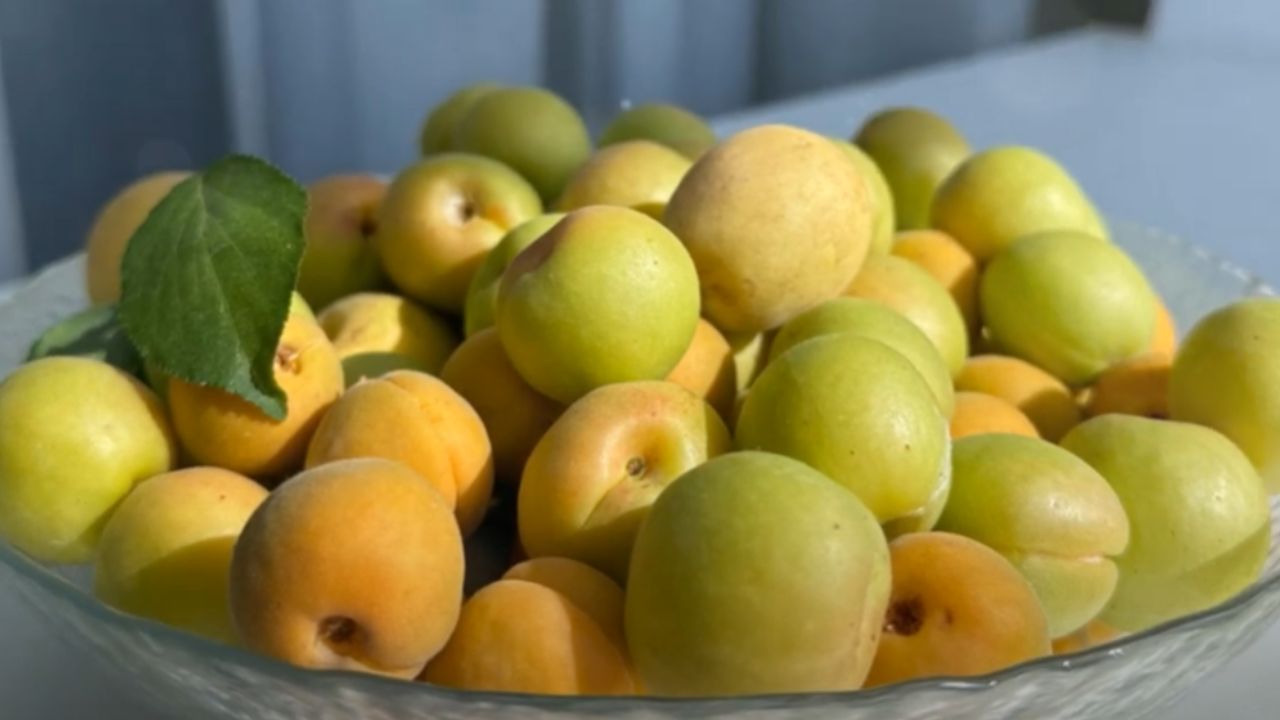
Stone Fruits
Stone fruits include cherries, peaches, plums, and apricots. These fruits contain pits that can be harmful to dogs. The pits are a choking hazard and can cause intestinal blockages.
Here are some risks associated with stone fruits:
- Choking Hazard: The pits can get stuck in a dog’s throat.
- Intestinal Blockage: If swallowed, pits can block the intestines.
- Cyanide Poisoning: The pits contain cyanide, which is toxic to dogs.
Even the flesh of these fruits should be given with caution. Always remove the pit and offer only a small amount.
Keeping stone fruits away from your dog is the best way to ensure their safety.
Human Snack Foods
Many common human foods can be harmful to dogs. Although some human snacks might seem harmless, they can cause serious health issues for our furry friends. It’s important to understand which foods should be avoided to keep your dog safe and healthy.
Salty Snacks
Salty snacks are a popular choice for humans, but can be dangerous for dogs. Consuming too much salt can lead to sodium ion poisoning in dogs. Symptoms of this condition include vomiting, diarrhea, depression, tremors, and even seizures. In severe cases, it can be fatal.
Some examples of salty snacks to avoid giving your dog include:
- Pretzels
- Salted nuts
- Salted popcorn
- Pork rinds
Even small amounts of these snacks can be harmful. It’s best to keep them out of reach and provide your dog with safer, dog-friendly treats instead.
Chips And Popcorn
Chips and popcorn are also common snacks that can pose risks to dogs. Chips are often high in fat and salt, which can cause stomach upset and obesity in dogs. Additionally, the high salt content can lead to dehydration and other health issues.
Popcorn, especially when salted or buttered, can cause similar problems. Unpopped kernels can be a choking hazard and may cause digestive blockages. Even plain, air-popped popcorn should be given in moderation and without any seasonings.
Here are some key points to remember:
- Avoid giving your dog flavored chips or popcorn.
- Keep unpopped kernels away from your dog.
- Offer plain, air-popped popcorn sparingly.
Being cautious with these snacks can help ensure your dog stays healthy and happy.
Symptoms Of Poisoning
Feeding dogs the wrong foods can lead to serious health issues. Some common foods safe for humans can be very harmful to dogs. Symptoms of poisoning in dogs vary, but it’s important to be aware of them. This will help you act fast if your dog ingests something toxic.
Gastrointestinal Issues
Gastrointestinal issues are one of the first signs of food poisoning in dogs. These issues can cause your dog a lot of discomfort. Here are some common symptoms:
- Vomiting
- Diarrhea
- Loss of appetite
- Abdominal pain
- Excessive drooling
These symptoms can appear within hours of eating the toxic food. It’s important to monitor your dog closely. If these symptoms persist, contact your vet immediately. Some foods that can cause these issues include:
| Food | Effect |
|---|---|
| Chocolate | Vomiting, diarrhea, and abdominal pain |
| Grapes and Raisins | Vomiting and diarrhea |
| Onions and Garlic | Abdominal pain and drooling |
By avoiding these foods, you can help keep your dog healthy. Always check food labels before giving your dog any human food.
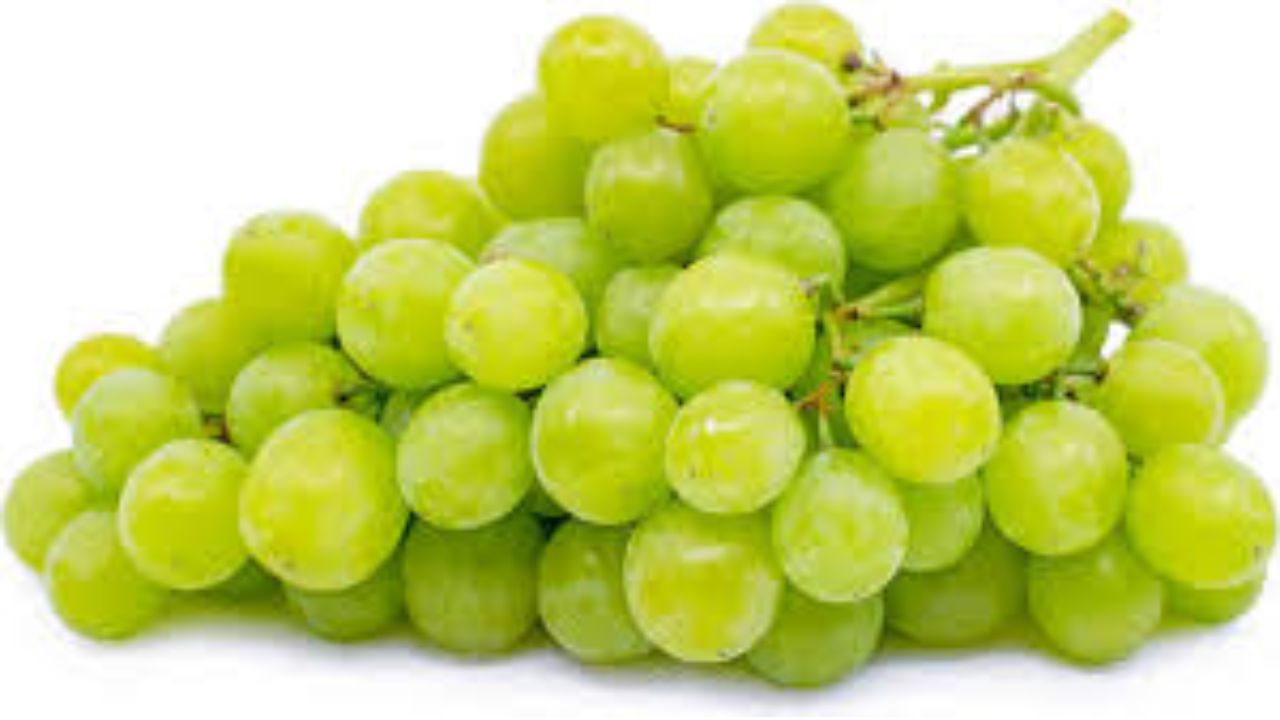
Behavioral Changes
Behavioral changes are another sign of food poisoning in dogs. These changes can be subtle or very noticeable. Some common behavioral symptoms include:
- Lethargy
- Restlessness
- Aggression
- Confusion
- Seizures
These symptoms can indicate that your dog is in distress. For example, a normally active dog might become very sleepy. Or, a calm dog might start acting aggressively. These changes can be alarming.
It’s important to act quickly if you notice these symptoms. Foods that can cause these behavioral changes include:
| Food | Effect |
|---|---|
| Alcohol | Confusion, lethargy, and seizures |
| Caffeine | Restlessness and aggression |
| Xylitol (found in sugar-free products) | Confusion and seizures |
Preventing access to these foods can help avoid these scary symptoms. Always store harmful foods out of reach. This will help keep your dog safe and healthy.
Frequently Asked Questions: What Foods Are Bad for Dogs?
Q1: What Foods Are Harmful To Dogs?
A1: Chocolate, grapes, raisins, onions, garlic, alcohol, caffeine, macadamia nuts, and xylitol (found in sugar-free gum) are harmful to dogs.
Q2: What Is The Most Toxic Thing A Dog Can Eat?
A2: Chocolate is the most toxic thing a dog can eat. It contains theobromine, which is harmful to dogs. Even small amounts can cause severe health issues.
Q3: What Are 13 Human Foods Toxic To Dogs?
A3: Chocolate, grapes, raisins, onions, garlic, alcohol, caffeine, macadamia nuts, xylitol, avocado, yeast dough, salt, and fatty foods are toxic to dogs.
Q4: What Three Meats Should Dogs Avoid?
A4: Dogs should avoid eating bacon, ham, and sausage. These meats are high in fat and salt, which can harm dogs.
Q5: What Foods Are Toxic To Dogs?
A5: Chocolate, grapes, raisins, onions, and garlic are toxic to dogs. Avoid these foods to keep them safe.
Ensuring your dog’s health means choosing the right foods. Avoid harmful items like chocolate, grapes, and onions. These can cause severe health issues. Always check with your vet before introducing new foods. Your dog’s well-being depends on a safe diet.
Stay informed and make wise choices. Keep your furry friend happy and healthy.



